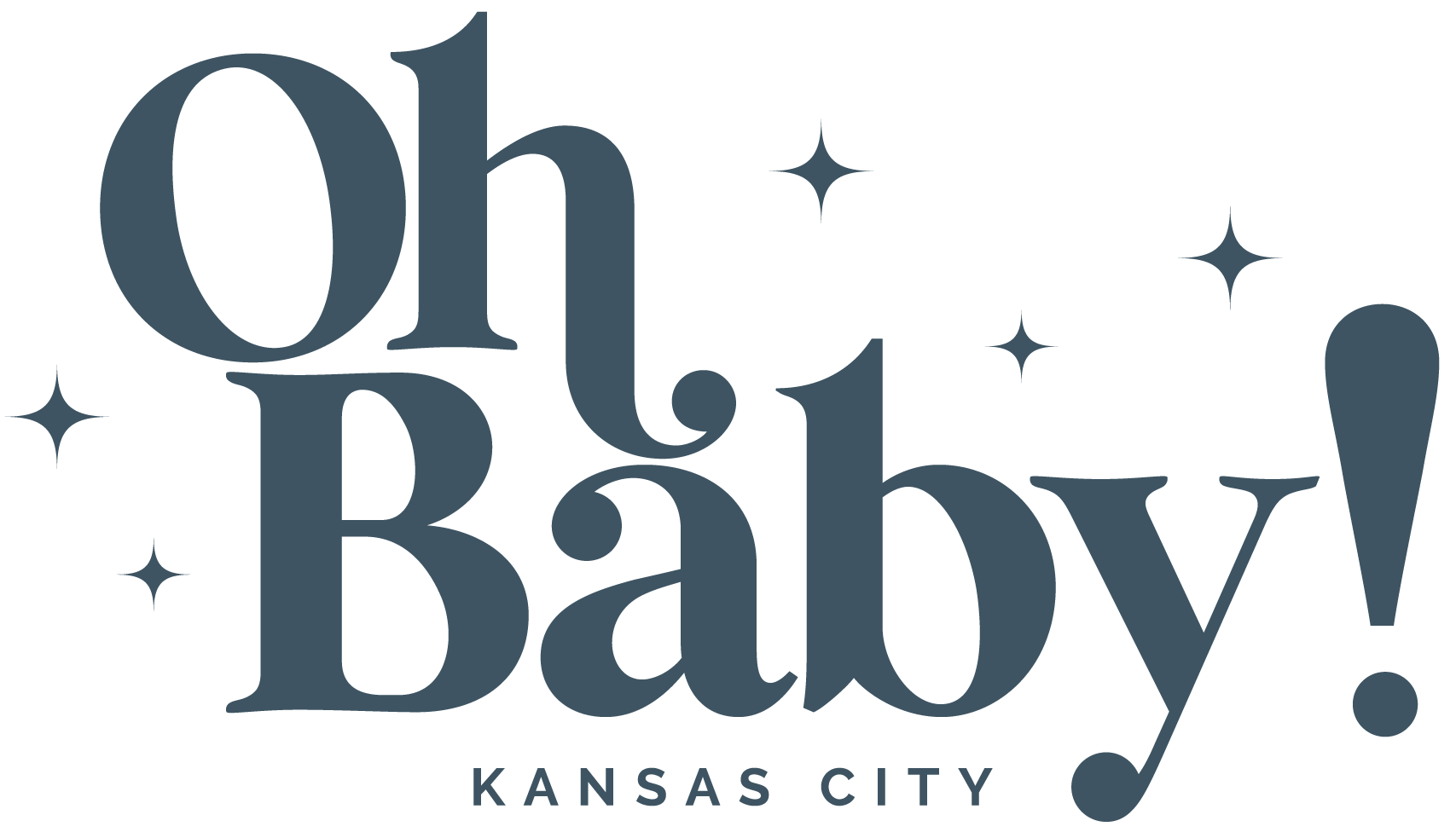All Your Questions About Baby Poop Answered!
“Why is my baby’s poop green?”
If I had a dime every time I saw this question accompanied by a picture in a Mom Group... I'd have a lot of dimes!
Having a Postpartum Doula or Newborn Care Specialist takes the guesswork out. And saves you from having to post pictures of bodily fluids (yours & your baby's) on social media. There's just something so wonderful about having a real person in your home, whose sole purpose of being there is to support you and help you navigate all the things that come with being a new parent.
But that doesn’t answer your burning question of whether your baby’s poop is normal or not, does it? Let’s break this down, but first, a quick disclaimer:
This blog is not for the purpose of diagnosing medical conditions. If you have concerns, please direct your questions to your pediatrician.
Ok, let’s dive in!
When your baby is first born, they will produce poop that is black and tar-like in consistency. This is called “meconium”.
While your baby is in the womb, they practice breathing and swallowing, they take in amniotic fluid. While they urinate, they do not (should not) poop in the womb. After they are born and start taking in either breastmilk or formula, meconium works its way out and their poop starts to change from black and tar-like to greenish to yellow.
This is why your baby’s poop is green! It’s a transitional color and is perfectly normal in this stage. Normal poop in a newborn once the meconium stage is past is: seedy & mustard-like if breastfed, yellow/brown & peanut butter-like if formula fed.
Olivia teaches a new mom what normal baby poop looks like
But what about other colors at other times? What do those mean?
Bright yellow:
Could be a result of medications or food consumed by mom.
Mustard yellow:
Normal for breastfed infants.
Orange:
Solid foods can result in orange-colored baby poop.
Dyes may make their way into breast milk as well.
This generally doesn’t indicate problems, but if you are concerned, call your pediatrician.
Red:
Red flecks might appear if your baby is constipated and straining too hard. If this is the case, talk to your pediatrician about po
Red may be tiny amounts of blood your baby swallowed if you have cracked nipples.
If your baby is eating solids, you may need to play detective to find out if there are any food culprits.
Bloody or bright red stools may indicate an infection allergy, GI injury or other medical concern - address immediately!
Black:
Newborns: If stool is still black by day three, it may be a sign that your baby is not getting adequate nutrition or digesting milk properly. See your pediatrician or IBCLC as soon as possible!
Older baby: could be caused by iron in diet, which is not a big deal.
If your baby is not taking an iron supplement, it could be a sign of GI tract bleeding. See a doctor.
Grey:
Eating solids? Poop may be grey depending on what your child eats.
Not eating solids? Assess, as it could indicate a liver or gallbladder problem.
White:
Chalky, whitish or grey baby poop can be a sign the liver isn’t functioning correctly. Call the Pediatrician.
Dark Green:
Sometimes the iron in baby formula can cause darker baby poop - this isn’t a reason for concern.
Green-ish tan:
Normal poop can be greenish tan, especially in formula-fed babies.
It can signal teething or that baby is getting over a stomach bug.
Fussy as feedings, gassy and uncomfortable? It could be a sign of a cow’s milk allergy reaction in formula.
Bright Green:
If stool is frothy, it could mean that your baby is getting too much foremilk, and not enough fatty hindmilk.
It may be a sign that you have a strong let-down,
It may be a sign of a food sensitivity.

